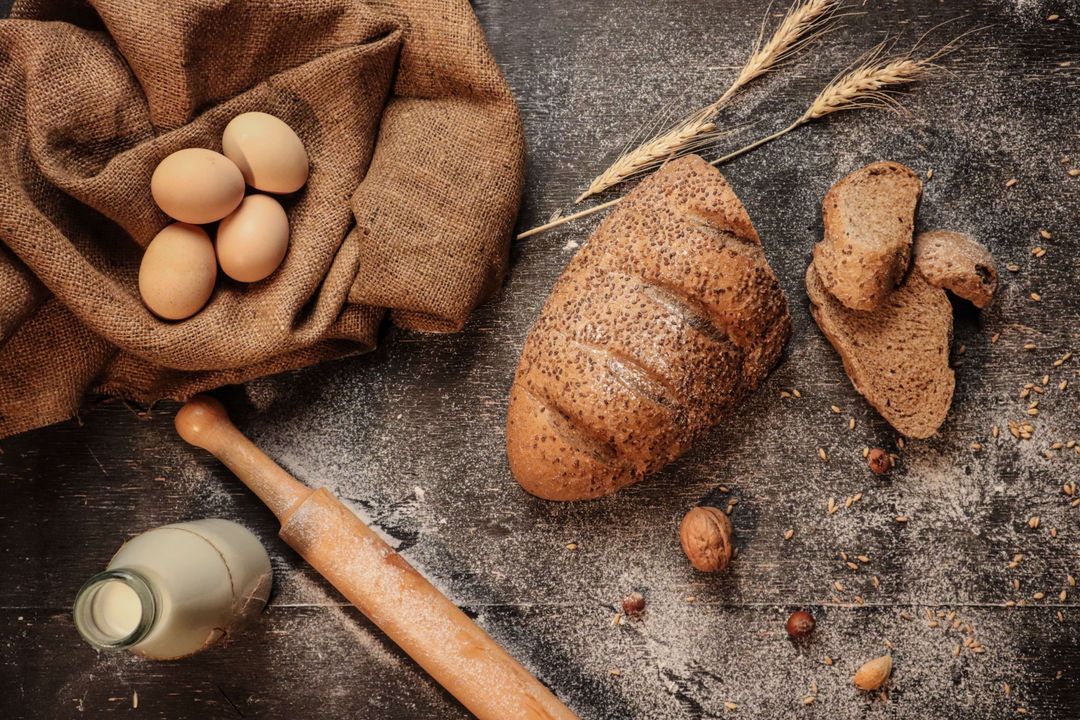10 Things That Are (Relatively Free) and Easy to Do to Support Your Immune System
With health concerns mounting over potential exposure to COVID-19 or risk of chronic inflammatory diseases, there is a lot of interest in supporting your immune system.
While many companies may be quick to sell expensive supplements or so-called “immune-boosting” products, there are many low-cost (or free!) ways to support your immune system naturally and effectively.

Get outside.
Humans have largely become indoor species. But much of our biology was shaped in the 4.5 million years before this happened. Because of this genetic hardwiring, we still crave a connection to being outdoors in nature. This is known as the biophilia hypothesis – the urge to affiliate with nature. A substantial body of research clearly tells us that nature exposure is good for immunity via multiple pathways including stress reduction, microbiome enrichment and even via specific immune effects from the chemicals released by trees.

Move your body.
From helping protect you from infections like COVID19 to reducing the risk of chronic inflammatory disease, the importance of physical movement on supporting proper immune function cannot be overstated.

Focus on whole foods.
Focusing on the association between single nutrients or foods and health fails to take into consideration the complex interactions between nutrients and the multi-dimensional aspect of eating. We eat food, not individual nutrients. Diet patterns that focus on whole, minimally processed foods like the Mediterranean diet are now recommended by most professional bodies for optimal health.

Fill up on fibre.
Fibre, found in fruits, vegetables, beans, pulses, nuts, seeds, herbs and spices provides optimal fuel for our gut microbiome. These microbes provide the training ground for our immune system, ensuring it functions optimally.
.jpg?alt=media&token=5a799abe-fed9-4923-ad3f-ef7d50eb77d9)
Avoid smoking and alcohol.
The negative effects of smoking might be obvious but regular alcohol consumption can impair the production of new immune cells and leave you more susceptible to infection.

Quality and quantity matters when it comes to sleep.
Sleep and immunity are bidirectionally linked. Immune system activation alters sleep, and sleep in turn affects the innate and adaptive arm of our body’s defence system. Aim to wind down in the evening and aim for a consistent bedtime to improve your sleep.

Mitigate chronic stress.
Short term stress functions to protect us and keep us safe, this means it is actually mobilising our immune system into action. But keeping the wheels of stress running for too long and stress can seriously impact immune function.

Control your blood sugar.
If you find you are constantly on a blood sugar rollercoaster after consuming refined foods, you might be harming your immune system through the production of Advanced Glycation End-products (AGEs). These can change the funciton of important proteins used by immune system use. This can impact the ability of the immune system to function properly.
.jpg?alt=media&token=5e707827-a20a-482d-a6d0-5b0d9f1ec781)
Maintain muscle mass & function.
Sarcopenia is a loss of muscle mass and function. It might be considered an inevitable aspect of getting old, but it can actually start in our 30’s. Using our muscles is the best way to mitigate sarcopenia AND minimise the negative impact of ageing on the immune system.

Create sustainable goals and routines.
Perhaps the most important one. Make sure you are turning knowledge into power by setting yourself achievable goals around the health behaviours listed above. Stack new rituals onto anchor habits like brushing your teeth. This will give you the highest chance of success in the long run.


